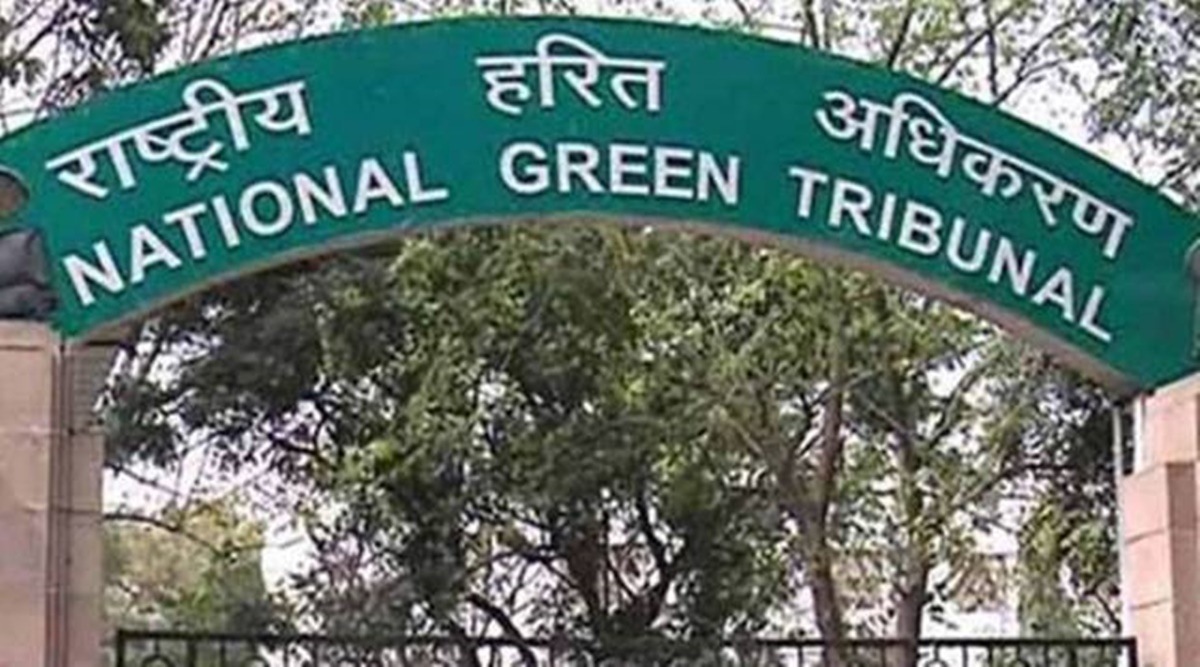NGT seeks report from pollution bodies on ‘dyeing units working without consent’
The applicant, Varun Gulati, had said in the application that dyeing factories are allegedly operating without consent in Matiala, Khyala, Mukundpur, Meethapur, Ranhola, and Bindapur.
 The NGT has noted that the Supreme Court had earlier appointed a monitoring committee comprising the Chief Secretary of Delhi, Police Commissioner, MCD Commissioner, and Delhi Development Authority vice-chairman, to stop illegal industrial activity. (File)
The NGT has noted that the Supreme Court had earlier appointed a monitoring committee comprising the Chief Secretary of Delhi, Police Commissioner, MCD Commissioner, and Delhi Development Authority vice-chairman, to stop illegal industrial activity. (File) In the case of dyeing units allegedly operating without consent in parts of Delhi, the National Green Tribunal (NGT) has asked for an action taken report from the Central Pollution Control Board (CPCB) and Delhi Pollution Control Committee (DPCC)
The applicant, Varun Gulati, had said in the application that dyeing factories are allegedly operating without consent in Matiala, Khyala, Mukundpur, Meethapur, Ranhola, and Bindapur. Naming 21 units, the application had also alleged that 500 such units are operating in these areas, and in the absence of a common effluent treatment plant, these units are discharging effluents into the Najafgarh or Swaroop Nagar drain, which eventually meet the Yamuna.
According to the application, Gulati had approached the DPCC, which had forwarded the complaint to the Municipal Corporation of Delhi, but no action had been taken.
The NGT has noted that the Supreme Court had earlier appointed a monitoring committee comprising the Chief Secretary of Delhi, Police Commissioner, MCD Commissioner, and Delhi Development Authority vice-chairman, to stop illegal industrial activity.
In a recent order in the matter, the NGT’s Principal Bench headed by chairperson Adarsh Kumar Goel has said that the Supreme Court-appointed monitoring committee may look into the matter raised by the applicant in coordination with the CPCB and the DPCC. The Tribunal has also asked for an action taken report from the CPCB and DPCC within three months with details on the consent status of the industrial units, disposal of effluents into drains and quality of the effluent, along with proposed remedial action.







